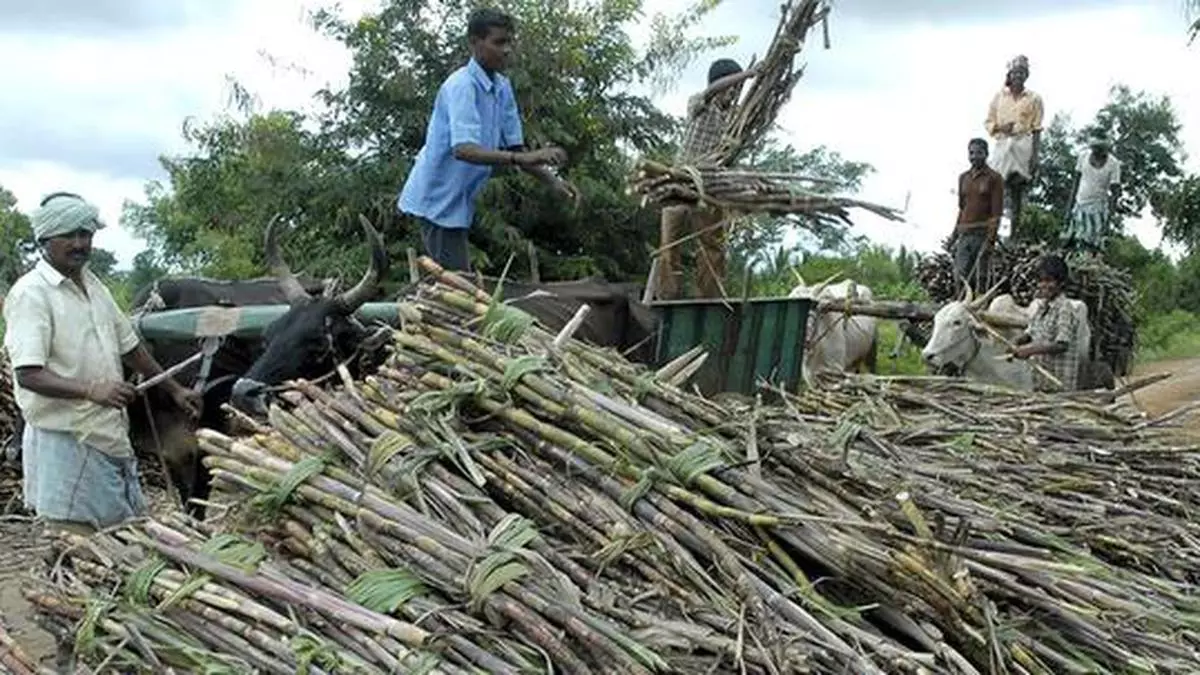Private sugar mills surpass co-operatives in Maharashtra’s sugar industry landscape
In Maharashtra, the birthplace of India’s co-operative sugar movement, there has been a notable shift in the operational dynamics of sugar mills this season. Traditionally, co-operative mills have held sway, symbolising a collaborative and community-driven approach to sugar production. However, this season private mills have surpassed co-operative mills in operations.
The current season data from the State Sugar Commissioner’s office underscores the shifting dynamics, with 104 private mills commencing operations compared to 103 co-operative mills in the current crushing season. This marks a departure from the parity seen in the previous year when both sectors operated an equal number of mills ( 105 mills operational each in cooperative and private sector).
Interestingly, industry players told businessline that out of 103 operational sugar co-operatives, 12 mills are being run by private players on a contract given by the co-operative mills.
In the 2010-11 season, only 25 per cent of the 164 operational mills were private. By 2019-20, this figure surged to 46 per cent out of 147 operational mills. This season there are more private mills compared to co-operative mills.
Management, efficiency
Experts say financial mismanagement, a lack of professional management, and the exploitation of mills for political gains have contributed to the decline of co-operative sugar mills.
“In the last few years, many co-operative sugar mills landed in trouble and their properties were seized by banks to recover debts. There are issues with the efficiency, discipline and management in the co-operative sector. Cooperative mills will be able to sustain and survive only if they become competitive” said BB Thombare, Chairman and Managing Director, Natural Sugar Mills and President, WISMA. He predicts that private sugar mills will continue to rise in coming years.
The roots of co-operative sugar production in Maharashtra date back to 1951 when India’s first co-operative sugar mill was established at Pravaranagar in Ahmednagar district. Over the decades, the co-operative movement gained momentum, becoming integral to the State’s economic landscape.
Mills in drought zone
Solapur division, despite facing water scarcity issues, boasts the highest number of operational sugar mills in the State this year, totaling 50. This includes 19 co-operative mills and 31 private mills. Notably, Solapur also hosts the highest concentration of private sugar mills this season, reflecting a broader trend towards privatisation.
In the sugar belts of Pune and Kolhapur, there are 31 and 40 operational mills, respectively, encompassing both private and co-operative entities. These regions, known for their agricultural prowess, serve as vital hubs for sugar production, with a mix of co-operative and private enterprises driving the industry forward.
Paradigm shift
The rise of private sugar mills in Maharashtra signals a paradigm shift in the State’s sugar industry, highlighting challenges faced by the co-operative sector.
“While cooperative principles continue to hold relevance, addressing issues of governance, financial sustainability, and professional management is imperative to rejuvenate the co-operative sugar movement and ensure a balanced co-existence with private enterprises in the years to come,” said Ganpatrao Sawant, a co-operative leader from Sangli.
